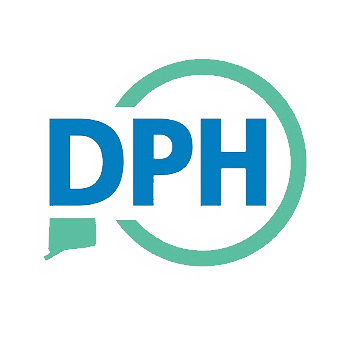People are sometimes concerned about what seems like an elevated number of cancer cases
in their neighborhood or workplace and they may wonder whether a common environmental exposure is to blame. “Cancer” is not a single disease but rather an umbrella term that includes over 100 different diseases, all resulting from the uncontrolled growth of abnormal cells with the potential to spread throughout the body.
Different types of cancer have different “risk factors” which may increase the chance of developing the disease. For example, smoking is a risk factor associated with several different cancers (lung, bladder and oral cancers). Other risk factors include alcohol consumption, lack of exercise, exposure to UV radiation (sunlight) and genetics.
Unfortunately, cancer is a very common disease. About 1 in 2 men and 1 in 3 women in the US will be diagnosed with cancer at some time in their life. The risk of developing cancer increases with age. Because of increases in average life expectancy, and advances in the diagnosis and treatment of cancer, it is not uncommon to know many neighbors, relatives or work colleagues who have been diagnosed with cancer.
Despite extensive study of environmental exposures and cancer development, there are an extremely small number of cancer clusters that are proven to be linked with a common environmental exposure. This is primarily because of the complex nature of cancer development. To produce a cancer cluster, a large number of people in a community must be exposed to large amounts of a human carcinogen over a long period of time. This may be possible in some industrial and medical settings but is extremely rare in most community settings.
There are many resources available to help the public learn more about cancer, risk factors for different types of cancer, and about patterns and rates of cancer in CT.
The CT Tumor Registry maintains a database of all reported cancer diagnosed in CT residents since 1935. This database helps CT DPH examine cancer patterns and trends in CT. For more information about the CT Tumor Registry and to access their publications and other resources, click on the link below. For questions about rates of cancer in an area or town and cancer risk factors, the CT Tumor Registry can be reached at 860-509-7163.
CT DPH also has two publications which provide information that may be helpful in understanding causes and patterns of cancer:
Cancer Clusters Information Sheet (pdf)
Cancer Cluster Technical Brief (pdf)
For questions about environmental problems, sources of environmental pollution, or environmental exposures and cancer, contact the Environmental and Occupational Health Assessment Program at 860-509-7740.

